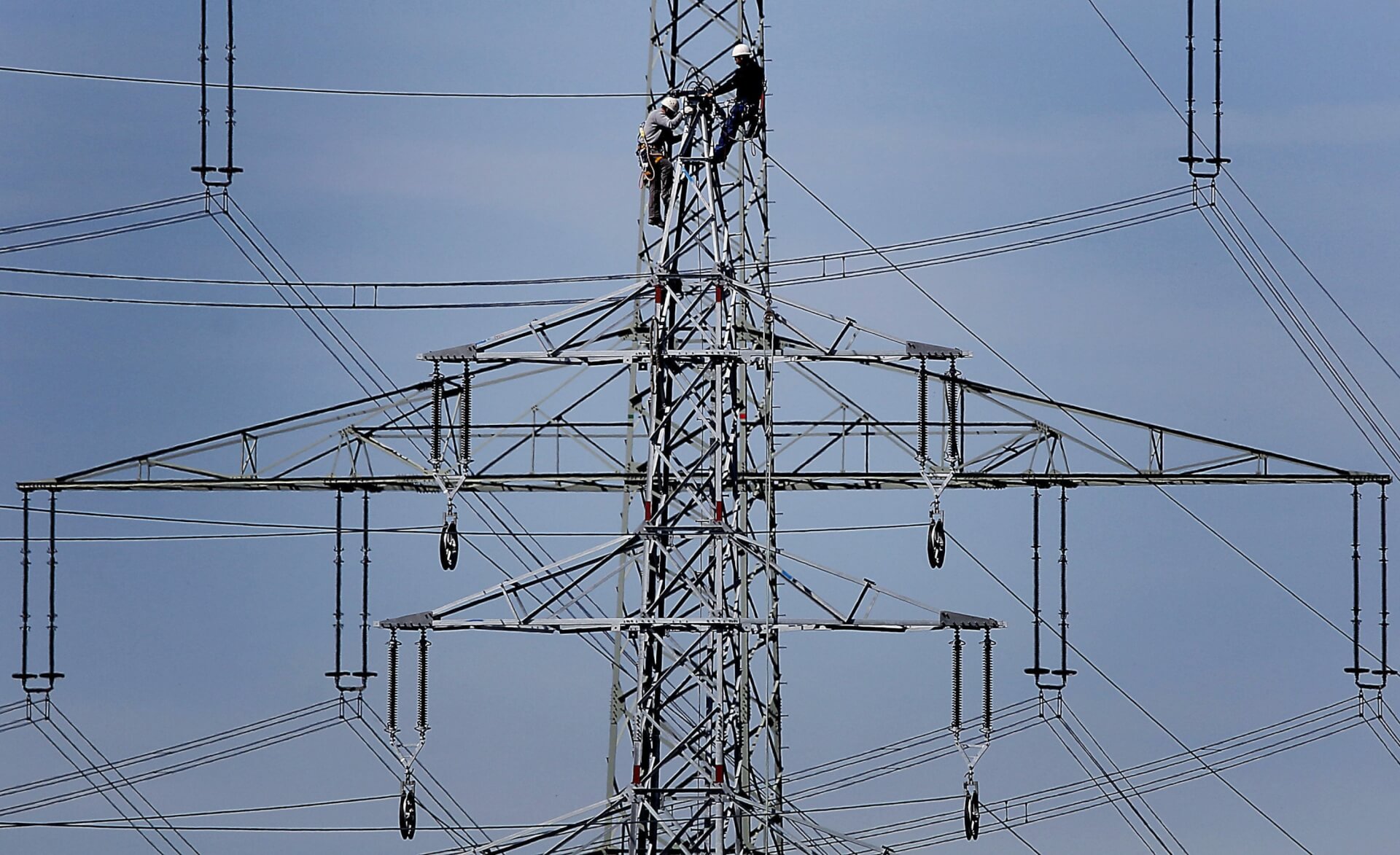On Monday, during a meeting in Luxembourg, European ministers expressed concern about soaring energy prices.
Natural gas prices have been steadily growing since the beginning of this year due to increased international demand, sudden economic recovery, and sweltering temperatures. As reported by Dutch TTF Gas Futures, prices have risen from €16 ($19) megawatt per hour in early January to €98 ($114) by late September. This trend has further been exacerbated by East Asian countries’ willingness to pay more for fuel.
The soaring prices have increased electricity bills for people across Europe, especially for people who have a variable-price contract with their electricity providers. This has made them more susceptible to market fluctuations as opposed to those with fixed-price electricity contracts.
Commenting on the situation, French Minister of the Economy, Finance, and Recovery Bruno Le Maire demanded a “European response” to the brewing energy crisis and called for reduced dependence on supplies from foreign countries. He further condemned the EU energy market for linking the cost of electricity to the price of natural gas, referring to it as a “major downside.” Additionally, he tied high costs with the green energy transition, describing it as a major upcoming political crisis.
Echoing similar sentiments, Spanish Minister of Economy Nadia Calviño asked for joint action against the ongoing crisis, including a review of EU market regulation to punish speculation and facilitate more accurate pricing. She also asked for the creation of a “strategic reservoir of gas” for the entire bloc. Likewise, Greece proposed setting up a common EU fund to aid countries with energy prices.
However, not every minister agreed to a joint response. Finnish Finance Minister Annika Saarikko, for example, said that “supporting vulnerable households should be a domestic competence.” Saarikko also acknowledged that the mix of energy varies across the bloc, owing to some state’s dependence on fossil fuels from non-EU exporters and others on renewable energy. She further accused Russia of exacerbating energy prices by supplying less than the global demand.
European Commission Vice-President Valdis Dombrovskis and Commissioner Paolo Gentiloni agreed with the Finnish Minister. They urged national governments to coordinate their measures and avoid contradictions with the EU’s climate goals. The EU is aiming to be climate neutral by 2050 and cut greenhouse emissions in half by 2030. To this end, Gentiloni declared, “We should react but not overreact.”
Furthermore, the Commission representatives said they are preparing an official communication to address the energy crisis and provide states with a “toolkit” to ease the situation. Likewise, Irish Finance Minister and current Eurogroup President Paschal Donohoe urged for caution and deemed the energy crunch a temporary event linked with inflation. Similar comments were made by the European Central Bank President Christine Lagarde.
European Ministers Want Joint Measures to Deal With Soaring Energy Prices
European ministers remain divided over their response to the brewing energy crisis. While some want coordinated action to the problem, others want to handle it domestically.
October 5, 2021

SOURCE: DAILY SABAH
